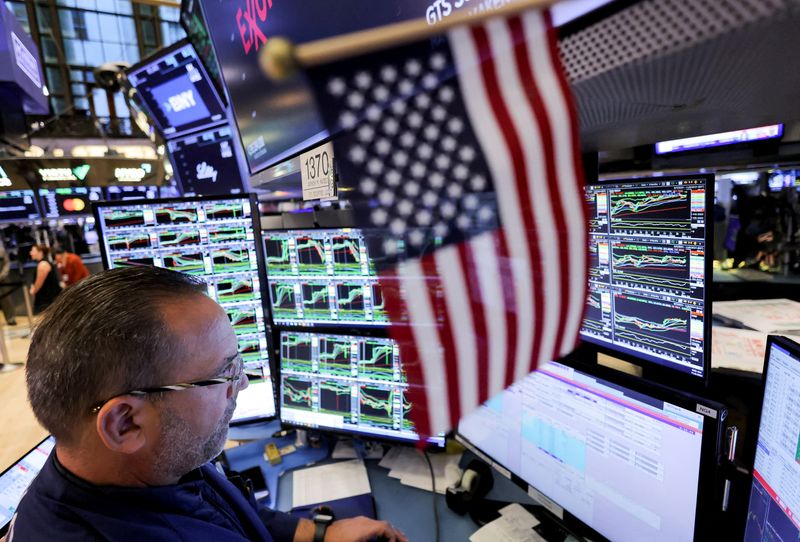A look at the day ahead in European and global markets from Kevin Buckland
Everything that investors feared about another Donald Trump presidency was proven true in the first hours of day one, and currency traders in particular were left with a case of whiplash.
A lack of tariff threats in Trump’s inauguration speech was taken as a green light to sell the dollar. Hours later the new U.S. president surprised with plans for 25% levies on Canada and Mexico from Feb. 1. The and peso plummeted.
The moves mirror the volatility experienced in Trump’s first term as Commander-in-Chief, with markets needing to remain on constant alert. But as was often the case then, Trump’s salvo could turn out to be a negotiating tactic.
Trump has always said he’s a dealmaker and investors may have been heartened by his remarks on TikTok and China that looked like an invitation to the table, and also came with a warning of tariffs if Beijing tried to block a deal.
For the EU too, Trump said tariffs were just one way to “straighten out” the trade deficit. Another would be bigger sales of U.S. oil and gas.
Despite these comments, Trump backed away from a universal tariff, saying “we’re not ready for that yet”.
Currencies have been on yo-yo strings in the past several hours. However, as of midday in Asia, the U.S. dollar was up against a basket of its biggest rivals, although not as strong as it was early on Tuesday.
China’s central bank protected the yuan by setting the strongest fixing since early November. Considering China has been a particular focus of Trump’s tariff warnings though, analysts said prolonged strength seems unlikely.
The euro and sterling were off about 0.3% each, while the yen strengthened. The Japanese currency was buoyed by bets for policy tightening by the Bank of Japan on Friday, despite some worries about the impact of any U.S. levies on the auto industry.
Meanwhile, Trump’s meme coin soared to more than $10 billion in market value, helping to lift other cryptocurrencies along with it. That included bitcoin, which pushed to a new all-time high above $109,000, although it was back below $102,000 in the latest trades.
On Europe’s economic calendar today, Britain releases jobs data and Germany has the ZEW sentiment surveys.
EU finance ministers are meeting in Brussels to discuss how to improve competitiveness.
ECB Vice-President Luis de Guindos joins the ECOFIN meeting, also in the Belgian capital.
No Fed speakers are scheduled for this week, with officials in a blackout period ahead of next week’s policy meeting.
Key developments that could influence markets on Tuesday:
– UK payrolls (Dec)

– Germany ZEW surveys (Jan)
– Canada CPI (Dec)
#Trumps #volatility #Reuters